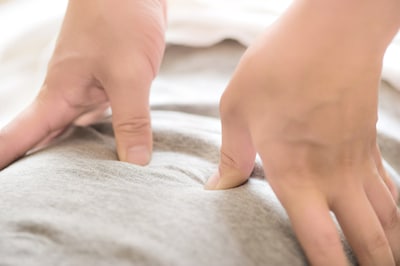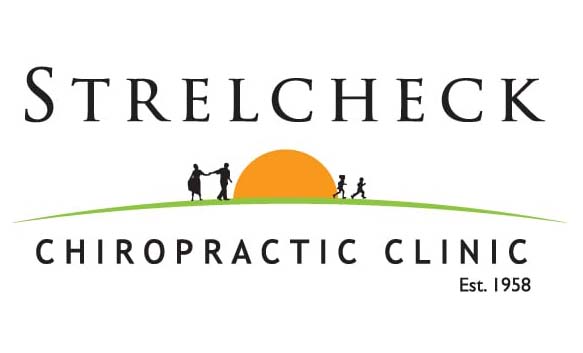
How Can Massage Help in Hospice Care?
Massage is one of those curious human interactions which differ in their effect, depending on the intent with which they are performed and received.
The reason why touch is so powerful is based on the recognition that tactile experiences are the first sensations which greet us at birth. They are also the last perceptions to leave us when we die.
Touch has been known to create a rise in blood pressure of people in a deep coma and to penetrate the nonverbal state of late stage Alzheimer’s patients who, suddenly during a massage, may blurt out a sentence like, “Oh, this feels good”, only to return immediately into their silent world. By the same token, touch can penetrate the semicomatose state produced by a painkiller and give the treatment a modicum of human contact. In fact, patients sometimes reduce their demand for drugs when massage is an integral part of the treatment protocol.
What Type of Massage Would you use in Hospice Care?
With these patients, you would emphasize geriatric massage techniques which are directed toward the amelioration (reduction) of pain, rather than the vigorous approaches of deep tissue work or accupressure.
Do the Techniques Require a Trained Therapist?
Once the best approach has been established by an experienced massage therapist, it is very much in the interest of the family members to be trained to participate in the physical care of the patient. The techniques are not difficult to master and can be executed by lay people.
This would of course be a great enhancement of the social aspects of the visits, allowing family members an opportunity to touch their ailing loved ones and possibly offer them some relief.
Having family involved in the bodywork of a hospice patient would also lead to considerable financial savings, but more importantly the schedule of therapeutic touch could be enhanced if there are several members to take turns and share the task.
In fact, male teenagers and young men who often feel awkward on occasions such as patient visits, especially like the fact that they have a purpose, sometimes even a compelling reason, to visit ailing grandma or dad, and it could make a big difference in their whole outlook on life. Even more importantly for the patient, these visits may the closest they have been to that teenager in years and may help bring about a closure.




